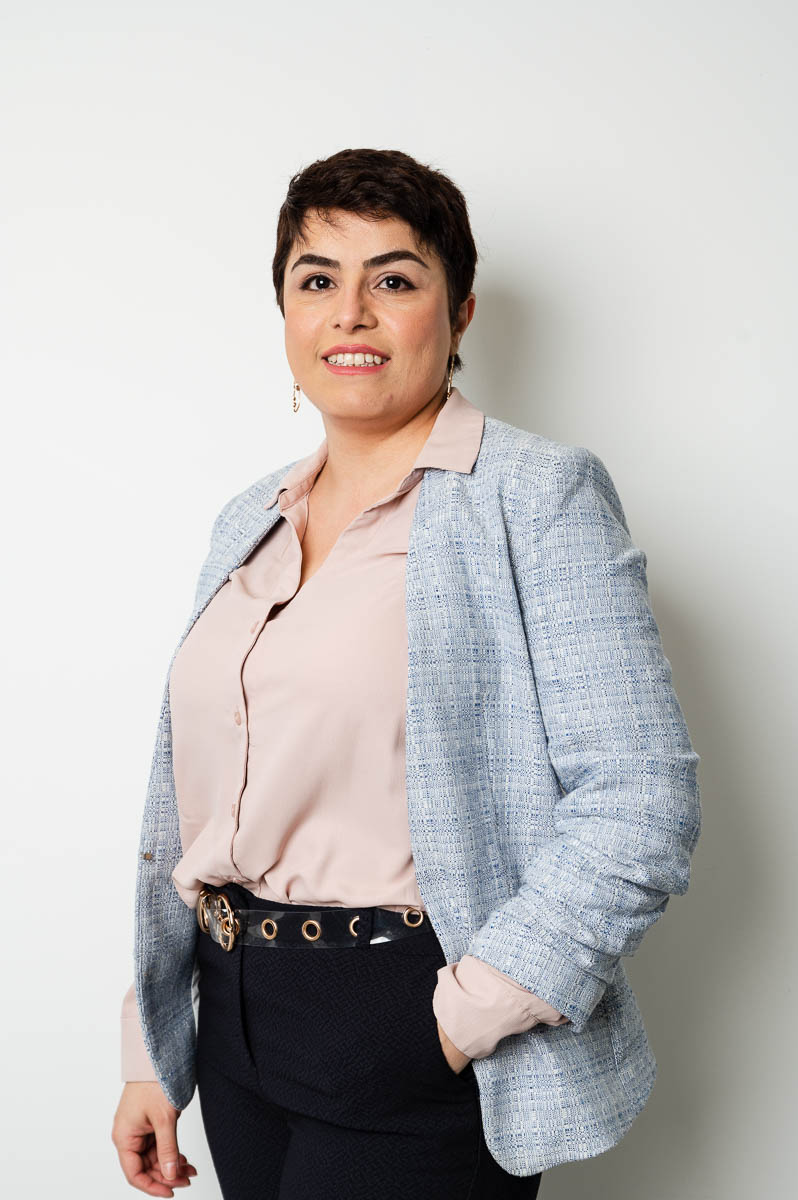About Refugees, By Refugees

Leila Saadati
Pictures taken in:
From:
Nationality:
Photo and interview by:
United Kingdom
Iran
Iranian
Sarah Tehranian
THIS STORY IS COMING SOON! One of the ways we support refugees to reclaim their narrative is to conduct interviews in a language interviewees are comfortable speaking. This means that nearly every story must be translated by one of our incredible volunteers. Given that they also have day jobs, the process takes time. Do you want to see this story prioritized? A $25 donation will pay for this story to be translated and shared with the world. Support 1000 Dreams and donate today.
Trigger Warning:
Many 1000 Dreams interviews were not conducted in English. Their translation has not always been performed by professional translators. Despite great efforts to ensure accuracy, there may be errors.







